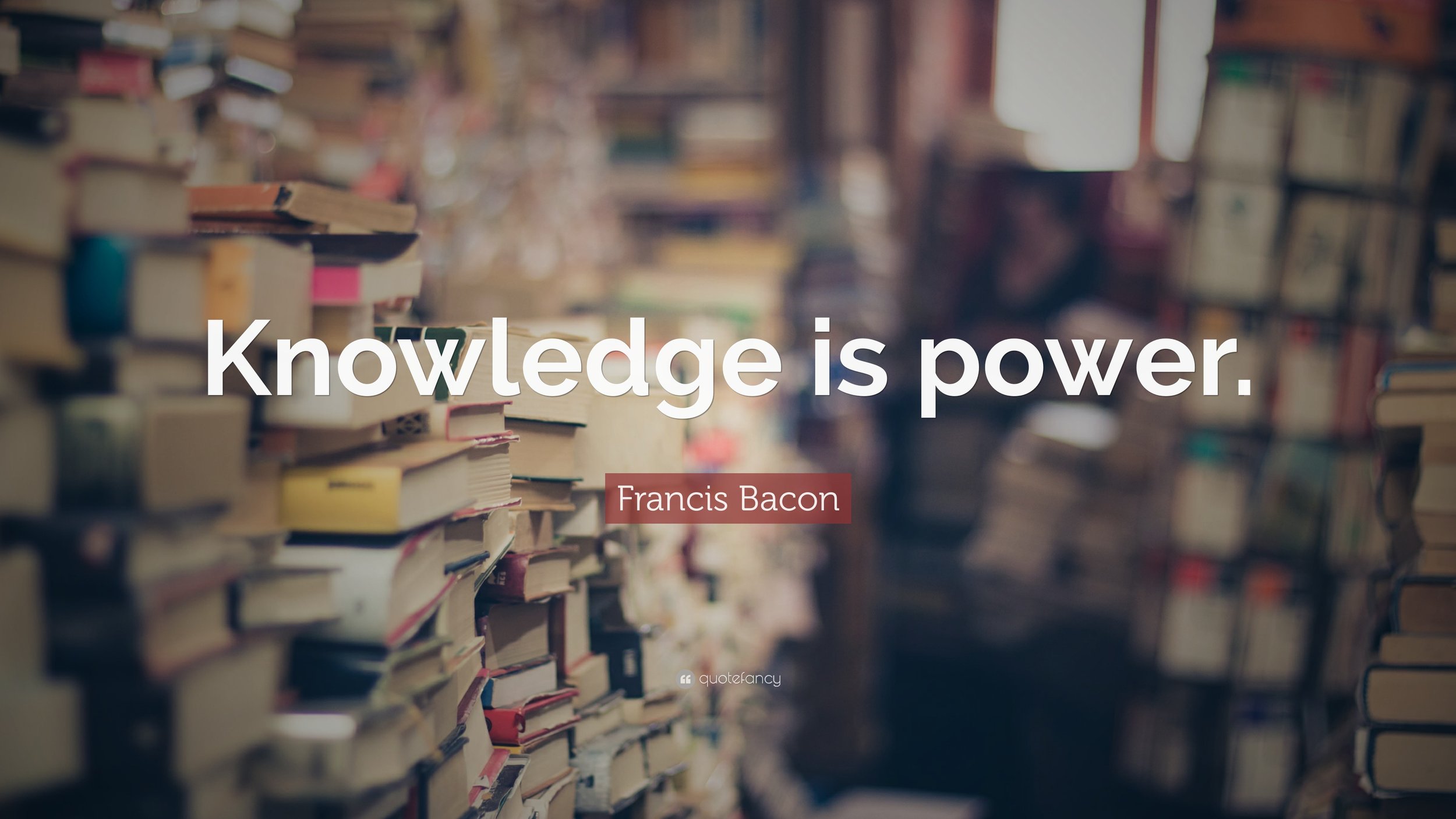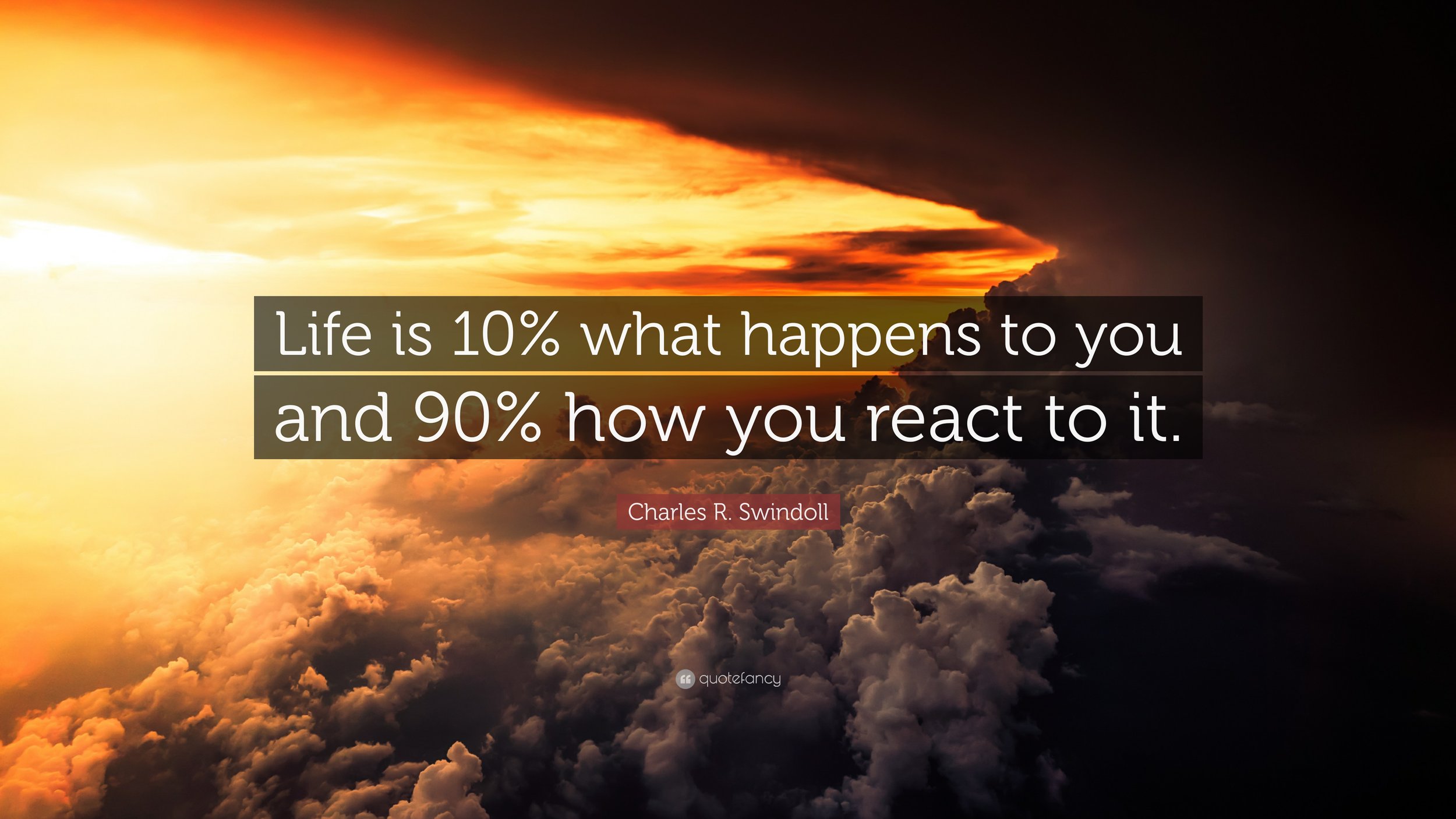
When Anxiety Comes Out Sideways
Oftentimes, when dealing with kids, teens and even some adults, anxiety doesn’t present itself as them saying “I feel worried” but, instead, as behaviors. These behaviors may include yelling, hitting, crying, kicking, and shoving. They may refuse to do what they have been asked, attempt to control the situation, or ask questions. Physical symptoms may include headaches, stomach aches, difficulty sleeping and isolating themselves. When working with an anxious child, it is important to see these behaviors as what they are: a form of communication. Something has happened that has made your child’s brain feel threatened or unsafe and now the amygdala has taken over.

Holiday Anxiety: Ways to cope this Season with Quick, Practical Tips to Help
Holiday anxiety can turn what’s often considered the most joyful time of year into a period of stress and dread. During the time of year marked by twinkling lights, cooler air, and the aroma of holiday scents, a silent struggle looms for many people: a holiday season marked by increased anxiety and mental health challenges. We are told that we should relax, savor the joy of the season, spend time with loved ones, and lean into all the season has to offer. And while all of that sounds great in theory, many people face a myriad of complex emotions that challenge the notion that the season is supposed to be marked with simplicity, relaxation, and joy.

It’s Not Anxiety, It’s Medical Trauma
Medical trauma can cause a person to feel helpless and often hopeless. These emotions are certainly understandable. Taking care of your mental health and learning to advocate for yourself in the medical system can be empowering.

How To Talk To Kids About Anxiety
Young people need to understand anxiety is our brain's way of checking to see if we are okay, not to tell us that we aren’t okay.

8 Questions to Ask Your Therapist
Therapists expect clients to have questions about therapy when they come to a session, especially if this is their first time in therapy.

Is it Anxiety or Undiagnosed ADHD?
Your therapist may overlook ADHD if not taken any continuing education classes related to how ADHD presents in adults, which is much different than in children.

Trauma and Need
When someone has experienced a traumatic event, depending on what the event was and what else was going on at the time, the person might completely change some of the ways that they interact with the world.
